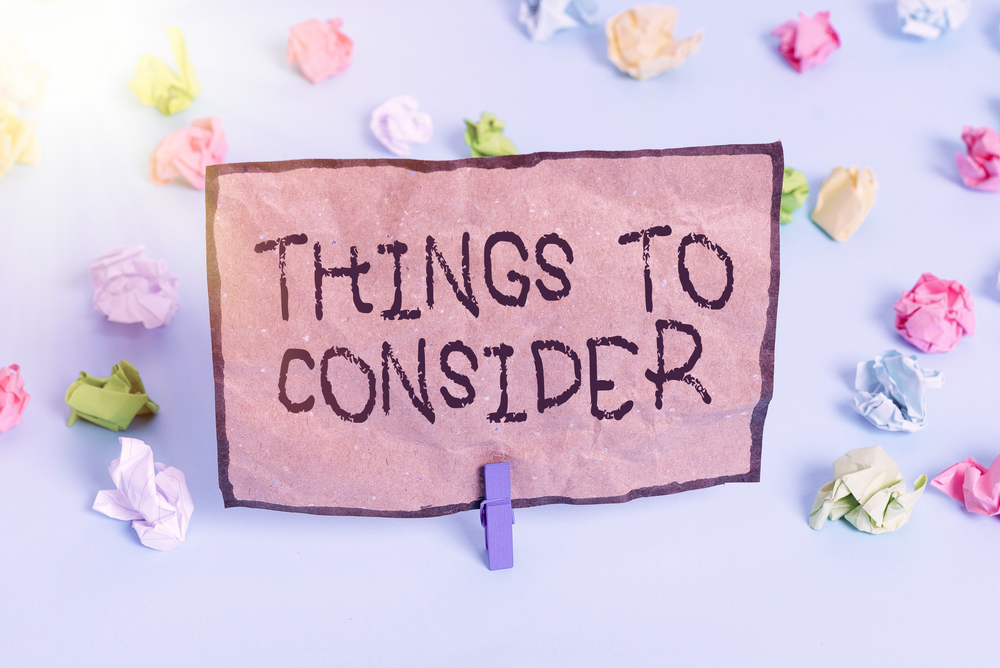Things to think about

While we definitely don’t recommend taking any illegal drugs, the information below provides a bit more information about the impact of illegal drugs for people with diabetes and how to stay as safe as possible.
- Be prepared. Make sure you’ve eaten beforehand, and that you’re in a safe environment with people you trust. Never take drugs when you’re alone. If you’re taking drugs while you are out, make sure you have a plan to get home. Do your research: know what you’re taking and all the effects it can have.
- Recognise the warning signs. Know what reactions or feelings mean that you might be in danger. If you or anyone else has taken something and starts vomiting, becoming paranoid, experiences chest pain, starts having a seizure or overheating, you should know what to do. Milder symptoms might mean just having to sit down somewhere quiet and rehydrating or cooling down, but you should seek immediate medical attention for any symptoms that seem more serious.
- Start low. Whatever you’re taking, there are no guarantees about its strength or how well you’ll handle it if it’s your first time. It’s a good idea to take a small amount – such as a quarter of a tablet or a pinch of crushed powder – and see how it affects you before you take any more. You can always take more if you want it.
- Stay hydrated. Any illegal drugs will raise your body temperature and might make you more likely to increase your levels of activity, plus your body will be trying to get rid of the drug. All this will make you dehydrated. Everyone should be sure to drink plenty of water if they’re taking drugs, but it’s particularly important if you have diabetes, as dehydration will increase your blood glucose levels. Increased activity conversely could lead to low blood glucose levels.
- Don’t mix your drugs. Drugs can interact in dangerous ways when you take them together. It’s also important to avoid alcohol, as this can also be a bad mix with other drugs – it can cause some drugs to be absorbed much more quickly and can interfere with how your body gets rid of the drugs you take. The high won’t last long, but the unpleasant after-effects will.
- Don’t lie to medical professionals. If you end up needing emergency treatment, it’s absolutely vital that you tell paramedics what you took. Being honest about what you’ve taken means you can get exactly the right treatment, which can save your life. In addition, some illegal drugs can interact dangerously with substances that would normally be administered to treat you and so if you don’t tell the medical staff, you could become dangerously ill or even die from the interaction.
- You don’t need to worry about getting into trouble or getting arrested. If you’re being treated you have a right to confidentiality, which means they can’t tell anyone else.
So how do illegal drugs affect your diabetes? The main problem is that we don’t necessarily know for sure. This means that if you take an illegal drug, you should be prepared for anything to happen. Try to test your blood glucose often, and set alarms to help you remember to eat and take your insulin, as you’re more likely to forget.
There are three broad types of illegal drug, each of which has a different kind of effect: stimulants (or ‘uppers’), depressants (or ‘downers’) and hallucinogens. Each of these comes with its own risks and can affect you in different ways.



Leave a Reply
You must be logged in to post a comment.